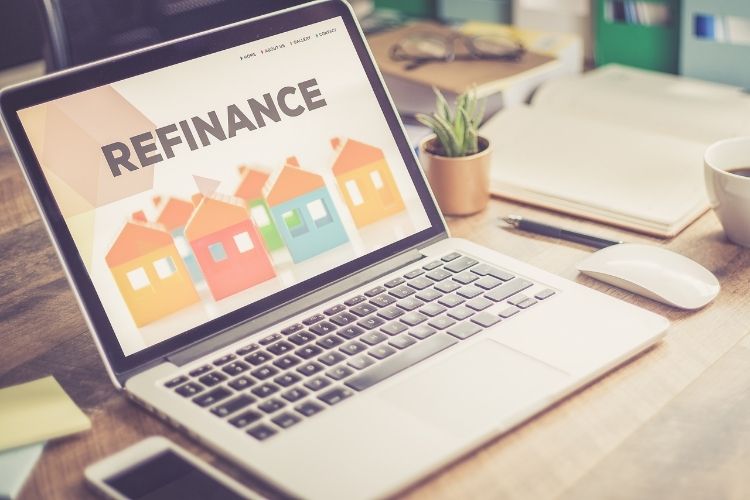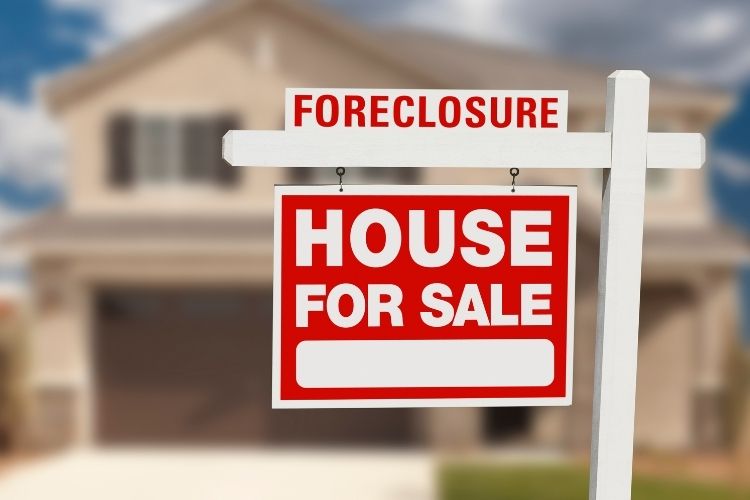Foreclosure can occur if you don’t pay your mortgage. When borrowers stop making mortgage payments, mortgage lenders and banks use foreclosure to recoup their losses.
Borrowers who purchase a house with a mortgage must make monthly payments to the lender until the home payment is complete. Lenders will try to recover some or all of what they are still owed by selling the home if a borrower cannot make their payments on the loan, usually because of financial hardship such as a job loss.
Foreclosure is a bad outcome, and most borrowers often think, “can I sell my house before foreclosure?“. It is indeed an option, and you will learn more about it below, along with various other options to avoid foreclosure on your home.
Although you may feel this is too little, too late, you can still take the proper steps if you already have a foreclosure on your hands.
Reinstate Your Loan
Reinstating your home loan is an excellent option if you have sufficient cash. You can pay for all the missed payments, plus the principal, interest, fees, and expenses. Most states provide homeowners with a certain number of days to reinstate their loans.
It is possible to reinstate a mortgage or deed of trust even if the state law does not provide you with this right. Instead, most lenders would find a solution with you rather than go with a foreclosure. The property might be reinstated until the sale.
Refinance

Paying off your old mortgage and refinancing at a better rate allows you to start over. All states in the US permit borrowers to refinance their loan to “redeem” their mortgage until the foreclosure sale. A few states allow you to redeem after the sale.
Bad credit can make refinancing very difficult, mainly if any late payments or foreclosures are pending. However, if you have good credit and a steady income, refinancing is still an excellent way to avoid foreclosure.
Loan Modification
You can probably guess that a loan modification changes the loan terms. Loan modifications may be an alternative if you aren’t eligible for refinancing, as they allow you to make your monthly payments easier while remaining current with your loan.
Typically, loan modification involves extending the loan term so you can repay the loan over a more extended period, reducing your monthly payment. Usually, combining it with a lower interest rate. The goal of a loan modification is to make your payments more affordable while keeping you in your home.
Pre-Foreclosure Sale

So here’s your answer to, “can I sell my house before foreclosure?”
If you are confirmed that your finances won’t recover, your only option is to sell your house for a lower price than your mortgage loan. This option is only available if you are lagging by only a few months in your monthly payments or as stated by your lender. Moreover, you are given a specific time to sell your house.
If you cannot afford to leave your house, you can sell it to a friend, family member, or an investor who could lease it to you. You can achieve this by signing a lease (or contract) with a purchase option, which allows you to repurchase the property if your finances have improved. Although this option is helpful, it is not without risk. While you are leasing your home, the investor can sell or borrow against it without your permission.
Conclusion
Having missed payments on a mortgage loan can be stressful, but remember that your lender will always try to get you back on track to avoid foreclosure.
Some circumstances make foreclosure impossible, but in most cases, the lender needs to be contacted as soon as you are having financial difficulties. If you speak up early, you will have various options such as reinstating, pre-foreclosure sale, refinance, loan modification, etc.
Table of Contents